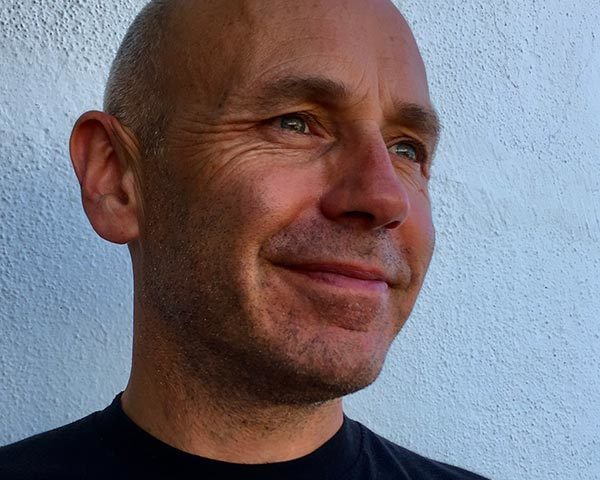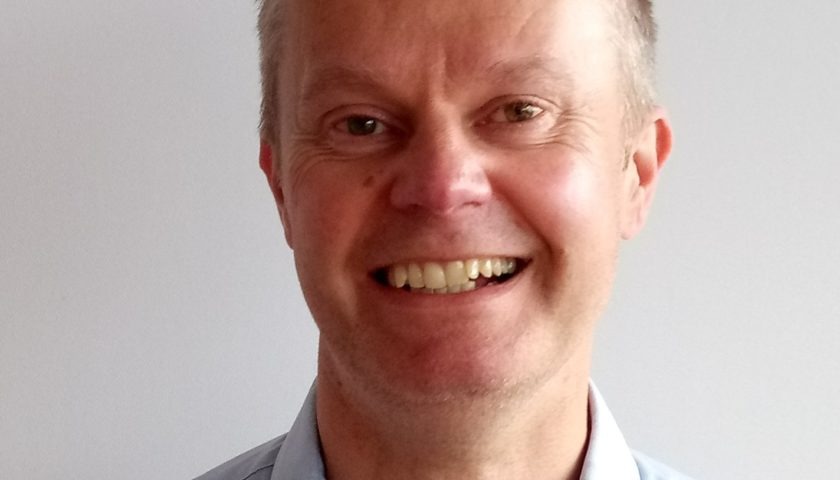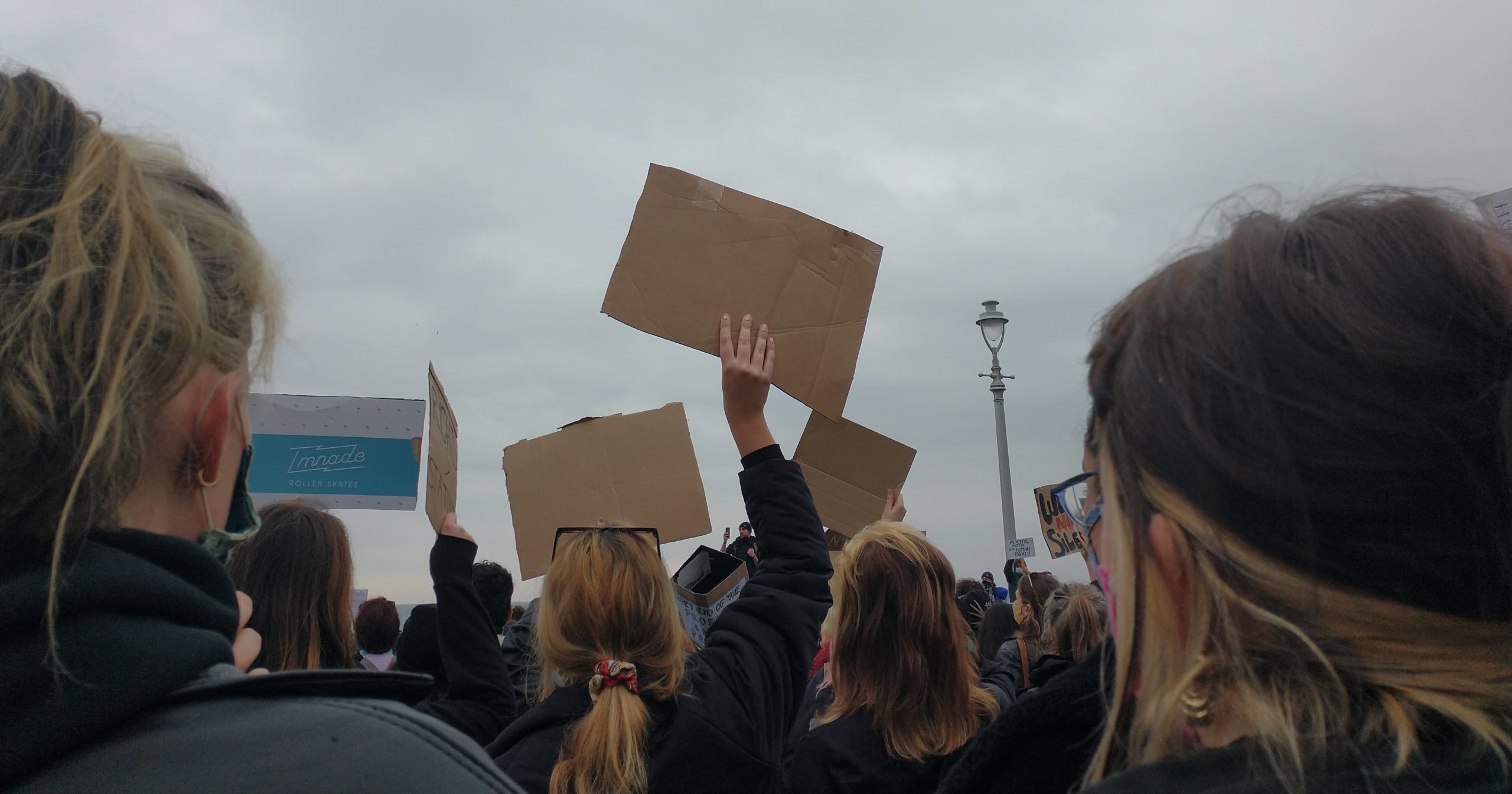“COP26 has been a complete and utter failure in terms of galvanizing international governments to face up to the realities of the climate crisis. There are grounds for optimism, but not from where we might expect it to come.” said Matthew Adams, principal lecturer in Humanities and Social Sciences at the University of Brighton, reflecting on the events of the 26th United Nations Climate Change conference which officially concluded on November 12. The Glasgow Climate Pact was published one day later than expected, on November 13.
All nations in attendance of the most high-profile COP yet pledged and strategized in an attempt to carve out a more sustainable future, primarily by cutting emissions, divesting from fossil fuels and financing climate adaptation. This seems promising, but whether it will translate to tangible change remains to be seen. The fight against the climate crisis demands everyone’s attention, not just those inside the conference centre. But as we watched world leaders jetting in and out of Glasgow on private planes, it was easy to feel disenchanted by the global promises being made. How can we preserve the future of the world when it feels like we’re living on different planets? The answer is most likely found in local action.
The bottom-up fight

The headlines pouring out of COP26 stirred up a mixture of hope and cynicism. The analysis that we are on track to far exceed the 1.5 degree global warming limit agreed at the 2015 Paris summit was a particular cause for concern. But the real source of hope may in fact come from the mass action from people on the ground. Huge demonstrations, which took place in Glasgow and much further afield, highlighted the public’s lack of faith in governments to act, and an urgent demand for change. “In terms of the activists, the campaigning spirit and the arguments being made, especially among young people, it’s really heartening to see that kind of parallel international activity going on” said Adams.
Green party Councillor for Brighton and Hove City Council, Lizzie Deane, said “As things currently stand, I’m not 100% optimistic that our national government will really go as far as it needs to go. If we can’t do it domestically in our own country, how can we really act as an influencer to all the other nations, many of whom look to us?
Individuals might think ‘if COP26 has been a let-down, it’s even more important that we do our bit’ so going the extra mile could actually be seen as an act of defiance against the shortcomings of COP”.
The importance of youth activism
The climate conversation has not been overlooked by the younger generation, whose voices have been some of the loudest in demanding a sustainable future. Outside the walls of COP26, 18-year-old climate activist Greta Thunberg slammed the conference as a ‘global greenwashing festival’ in front of thousands of demonstrators, a significant majority of whom were young people.
Ollie Swan, Head of Sustainability at the University of Brighton, said “I have great empathy and understanding for Greta Thunberg and what she says, because I think it’s only through her force of argument that we actually got further. Political leaders in the UK and elsewhere have actually listened and reflected her words in their own speech. Climate protest is a worthwhile thing for that reason alone, it sets the agenda and politicians have become attuned to that.”
Councillor Deane said “One of the issues that governments at all levels are finding really challenging is that fighting climate change is demanding of such fundamental lifestyle changes, and a lot of people simply don’t want to change. And this is where I think young people are so important – getting it right before the habits get really entrenched.”
The power of students
Despite the uncertainty over whether COP26 will succeed in producing real, positive change, the grassroots movement of climate activists, particularly among young people, has highlighted the power of people and communities in a global fight.

“Graduates and students have a responsibility to act and behave” said Swan “Everyone has their role to play and if we can help students and graduates understand where they can make an intervention and say ‘Right, ok, I might not be an environmental activist, but there are many ways of doing good’. Organisation has a way of getting people ready to make those decisions, giving them the capacity to make change. Then, when people leave or whilst they’re still students, they can make those changes through informed choice.”
Adams said “The first thing to acknowledge for any university is how difficult and complex it is to try and address these issues throughout all of their systems. Universities are to be congratulated where they’ve made genuine progress, but there’s still so much more to do around their actual practices. Climate change mitigation isn’t just a technological or economic policy fix; it’s about how we do education, it’s about relationships in the community, local and global and so on and so forth. There’s still a long way to go and I would still probably argue that most universities are still in this limbo between making great pledges and good intentions and delivering on those.
“On the other hand, with the nature of this crisis so far, it’s really up to students, staff and others to push harder for these kinds of changes, to be more radical and more thought through, rather than just assuming that we will be driven or influenced by top-down processes. It’s a two-way process and it feels like we need some more bottom-up pressure in this area.”









